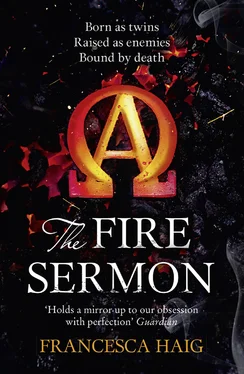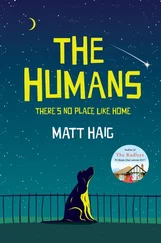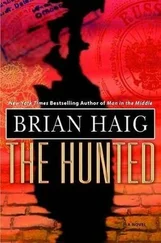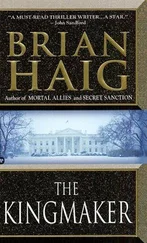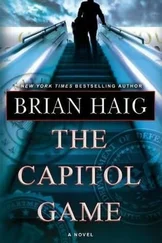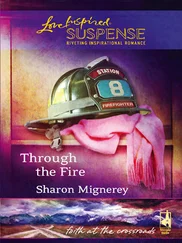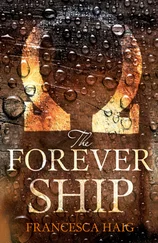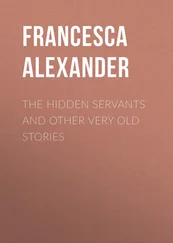‘Just the blast. The same.’
She unclasped and reclasped her hands. ‘Tell me something you haven’t told me twenty times before.’
‘There’s nothing. Just the blast.’
I searched her face, but it revealed nothing of what she knew. I’m out of practice, I thought. Too long in the cell, cut off from people. And anyway, The Confessor was inscrutable. I tried to concentrate. Her face was nearly as pale as mine had become over the long months in the cell. The brand was somehow more conspicuous on her face than on others’, because the rest of her features were so imperturbable. Her skin as smooth as a polished river pebble, except for the tight redness of the brand, puckering at the centre of her forehead. It was hard to tell her age. If you just glanced at her, you might think her the same age as me and Zach. To me, however, she seemed decades older: it was the intensity of her stare, the powers that it barely concealed.
‘Zach wants you to help me.’
‘Then tell him to come himself. Tell him to see me.’
The Confessor laughed. ‘The guards told me you screamed his name for the first few weeks. Even now, after three months in here, you really think he’s going to come?’
‘He’ll come,’ I said. ‘He’ll come eventually.’
‘You seem certain of that,’ she said. She cocked her head slightly. ‘Are you certain that you want him to?’
I would never explain to her that it wasn’t a matter of wanting, any more than a river wants to move downstream. How could I explain to her that he needed me, even though I was the one in the cell?
I tried to change the subject.
‘I don’t even know what you want,’ I said. ‘What you think I can do.’
She rolled her eyes. ‘You’re like me, Cass. Which means I know what you’re capable of, even if you won’t admit it.’
I tried a strategic concession. ‘It’s been more frequent. The blast.’
‘Unfortunately I doubt that you can have much valuable information to give us about something that happened four hundred years ago.’
I could feel her mind probing at the edges of mine. It was like unfamiliar hands on my body. I tried to emulate her inscrutability, to close my mind.
The Confessor sat back. ‘Tell me about the island.’
She’d spoken quietly, but I had to hide my shock that I had been infiltrated so easily. I’d only begun to see the island in the last few weeks, since the final trip to the ramparts. The first few times I dreamed of it, I’d doubted myself, wondered if those glimpses of sea and sky were a fantasy rather than a vision. Just a daydream of open space, to counteract the contraction of my daily reality into those four grey walls, the narrow bed, the single chair. But the visions came too regularly, and were too detailed and consistent. I knew that what I had seen was real, just as I knew that I could never speak of it. Now, in the overbearing silence of the room, my own breathing sounded loud.
‘I’ve seen it too, you know,’ she said. ‘You will tell me.’
When her mind probed mine, I was laid bare. It was like watching Dad skin a rabbit: the moment when he’d peel back the skin, leaving all the inner workings exposed.
I tried to seal my mind around images of the island: the city concealed in its caldera, houses clambering on one another up the steep sides. The water, merciless grey, stretching in all directions, pocked by outcrops of sharp stone. I could see it all, as I’d seen it many nights in dreams. I tried to think of myself as holding its secret inside my mouth, the same way the island nursed the secret city, nestled in the crater.
Standing, I said, ‘There is no island.’
The Confessor stood too. ‘You’d better hope not.’
*
As we grew older the scrutiny of our parents was matched only by that of Zach himself. To him, every day we weren’t split was another day he was branded by the suspicion of being an Omega, another day he was prevented from assuming his rightful place in Alpha society. So, unsplit, the two of us lingered at the margins of village life. When other children went to school, we studied together at the kitchen table. When other children played together by the river, we played only with each other, or followed the others at a distance, copying their games. Keeping far enough away to avoid the other children shouting or throwing stones at us, Zach and I could only hear fragments of the rhymes they sang. Later, at home, we would try to echo them, filling in the gaps with our own invented words and lines. We existed in our own small orbit of suspicion. To the rest of the village, we were objects of curiosity and, later, outright hostility. After a while, the whispers of the neighbours ceased being whispers, and became shouts: ‘ Poison. Freak. Imposter. ’ They didn’t know which one of us was dangerous, so they despised us equally. Each time another set of twins was born in the village, and then split, our unsplit state became more conspicuous. Our neighbours’ Omega son, Oscar, whose left leg ended at the knee, was sent away at nine months old to be cared for by Omega relatives. We often passed the remaining twin, little Meg, playing alone in the fenced yard of their house.
‘She must miss her twin,’ I said to Zach as we walked by, watching Meg chewing listlessly on the head of a small wooden horse.
‘Sure,’ he said. ‘I bet she’s devastated that she doesn’t have to share her life with a freak anymore.’
‘He must miss his family too.’
‘Omegas don’t have family,’ he said, repeating the familiar line from one of the Council posters. ‘Anyway, you know what happens to parents who try to hang on to their Omega kids.’
I’d heard the stories. The Council showed no mercy to the occasional parent who resisted the split and tried to keep both twins. It was the same for those rare Alphas who were found to be in a relationship with an Omega. There were rumours of public floggings, and worse. But most parents relinquished their Omega babies readily, eager to be rid of their deformed offspring. The Council taught that prolonged proximity to Omegas was dangerous. The neighbours’ hisses of poison revealed both disdain and fear. Omegas needed to be cast out of Alpha society, just as the poison was cast out of the Alpha twin in the womb. Was that the one thing Omegas are spared, I wondered? Since we can’t have children, at least we’d never have to experience sending a child away.
I knew my time to be sent away was coming, and that my secrecy was only deferring the inevitable. I’d even begun to wonder whether my current existence – the perpetual scrutiny of my parents and the rest of the village – was any better than the exile that was bound to follow. Zach was the one person who understood my odd, liminal life, because he shared it. But I felt his dark, calm eyes on me all the time.
In search of less watchful company, I’d caught three of the red beetles that always flocked by the well. I kept them in a jar on the windowsill, had enjoyed seeing them crawl about, and hearing the muted clatter of their wings against the glass. A week later I found the largest one pinned to the wooden sill, one wing gone, making an endless circle on the pivot of its guts.
‘It was an experiment,’ said Zach. ‘I wanted to test how long it could live like that.’
I told our parents. ‘He’s just bored,’ my mother said. ‘It’s driving him crazy, the two of you not being in school like you should be.’ But the unspoken truth continued to circle, like the beetle stuck on the pin: only one of us would ever be allowed to go to school.
I squashed the beetle myself, with the heel of my shoe, to put an end to its circular torment. That night, I took the jar and the two remaining beetles with me to the well. When I removed the lid and tipped the jar on its side, they were reluctant to venture out. I coaxed them out with a blade of grass, transferring them carefully to the stone rim on which I sat. One attempted a short flight, landing on my bare leg. I let it sit there for a while before blowing it gently back into flight.
Читать дальше
